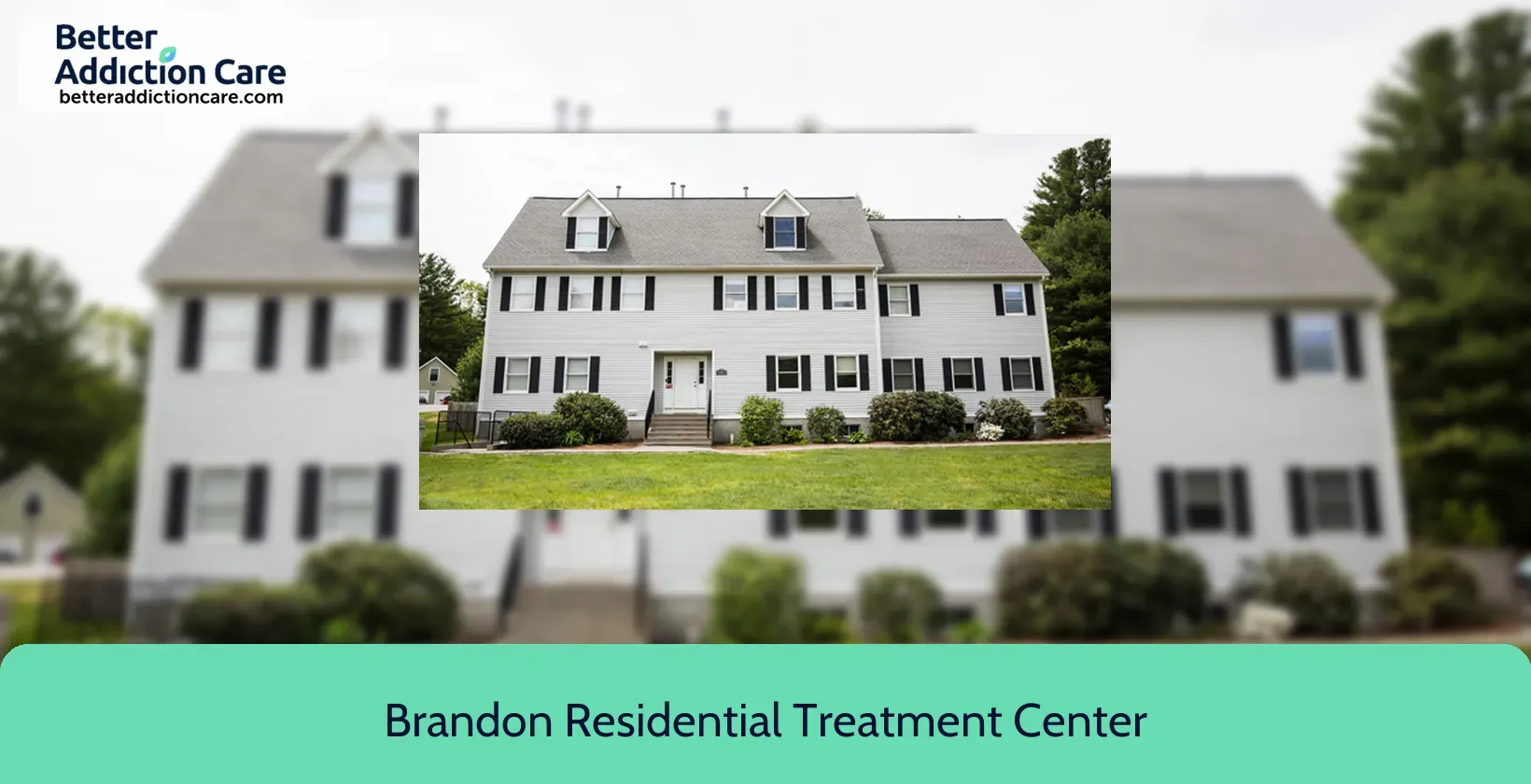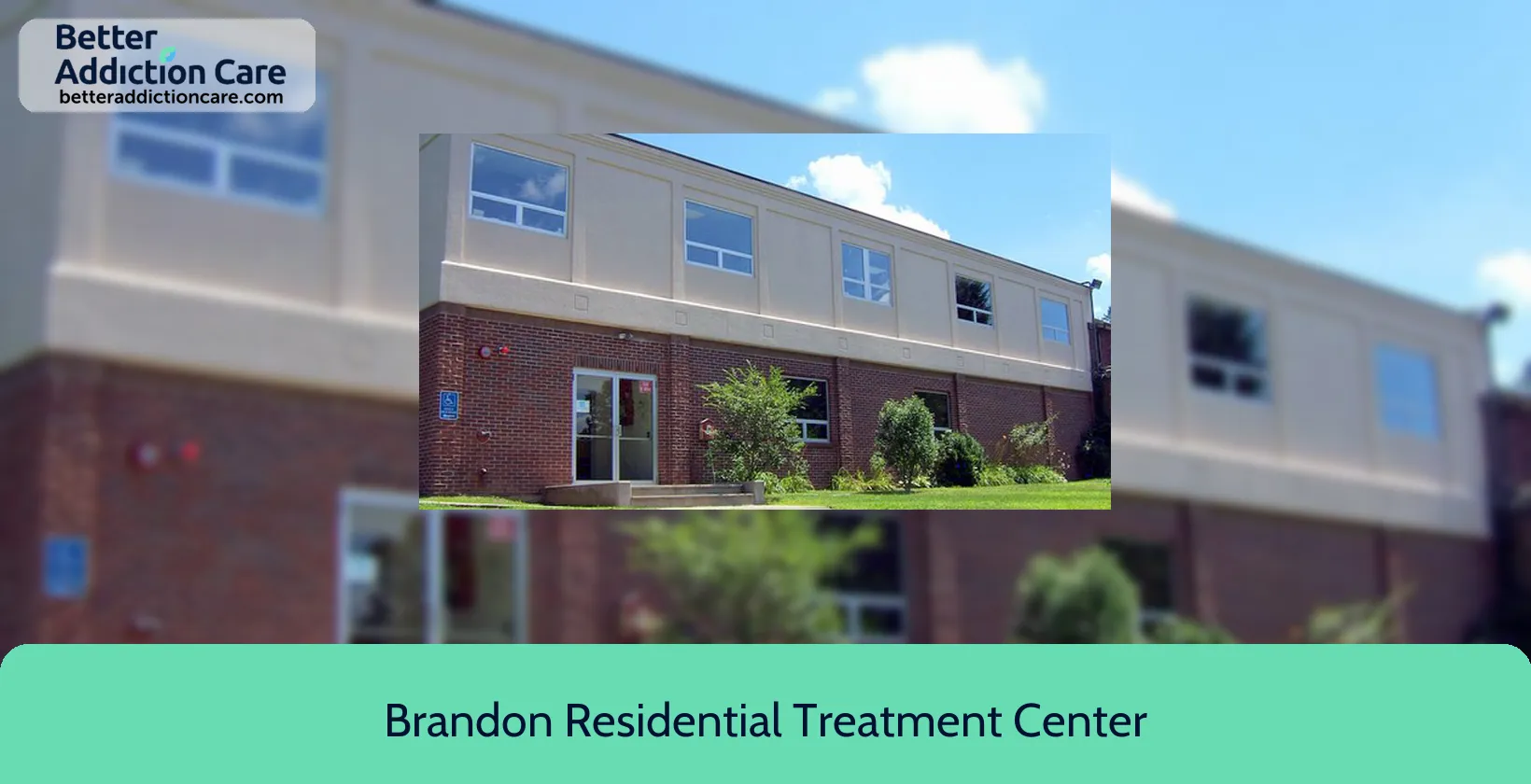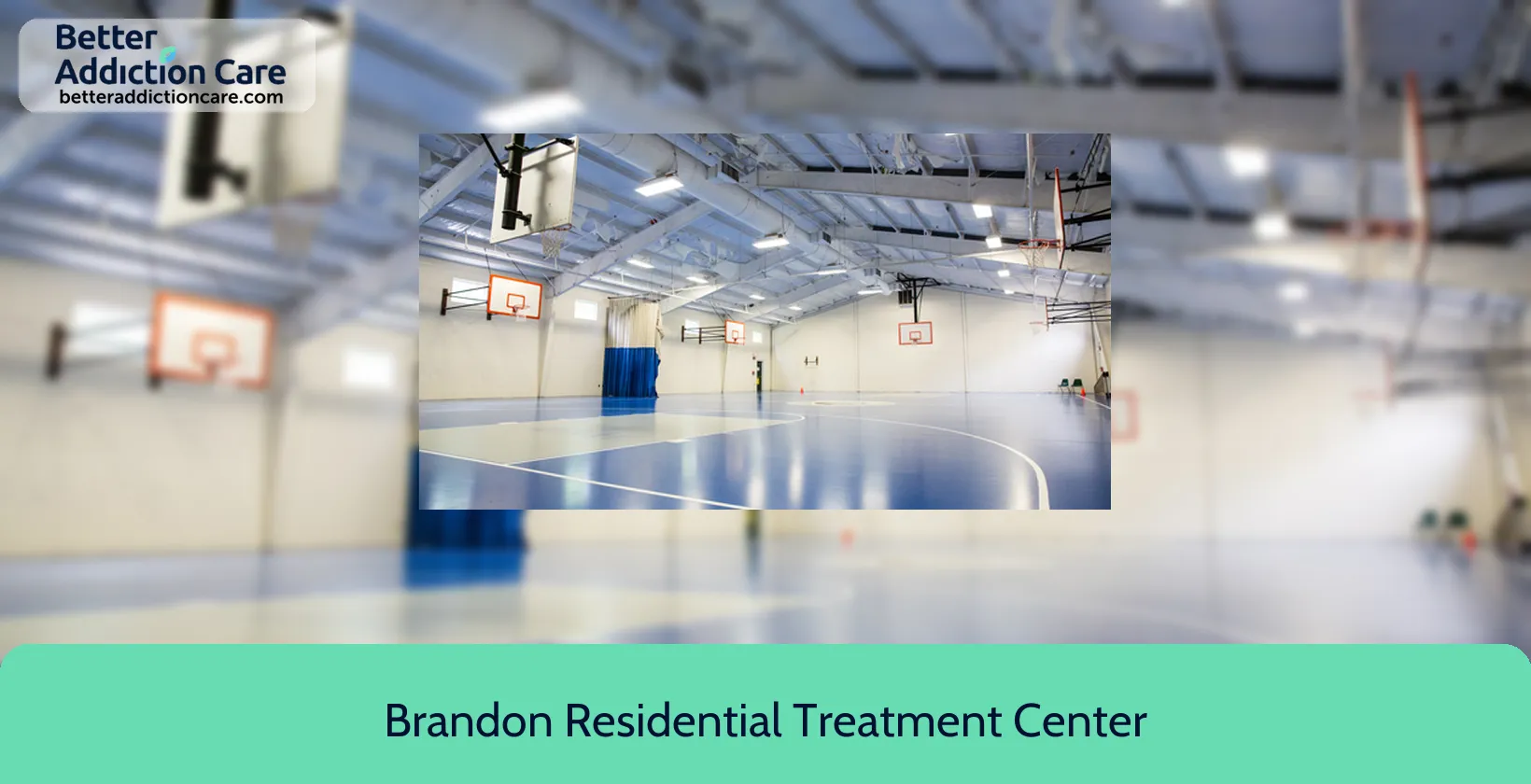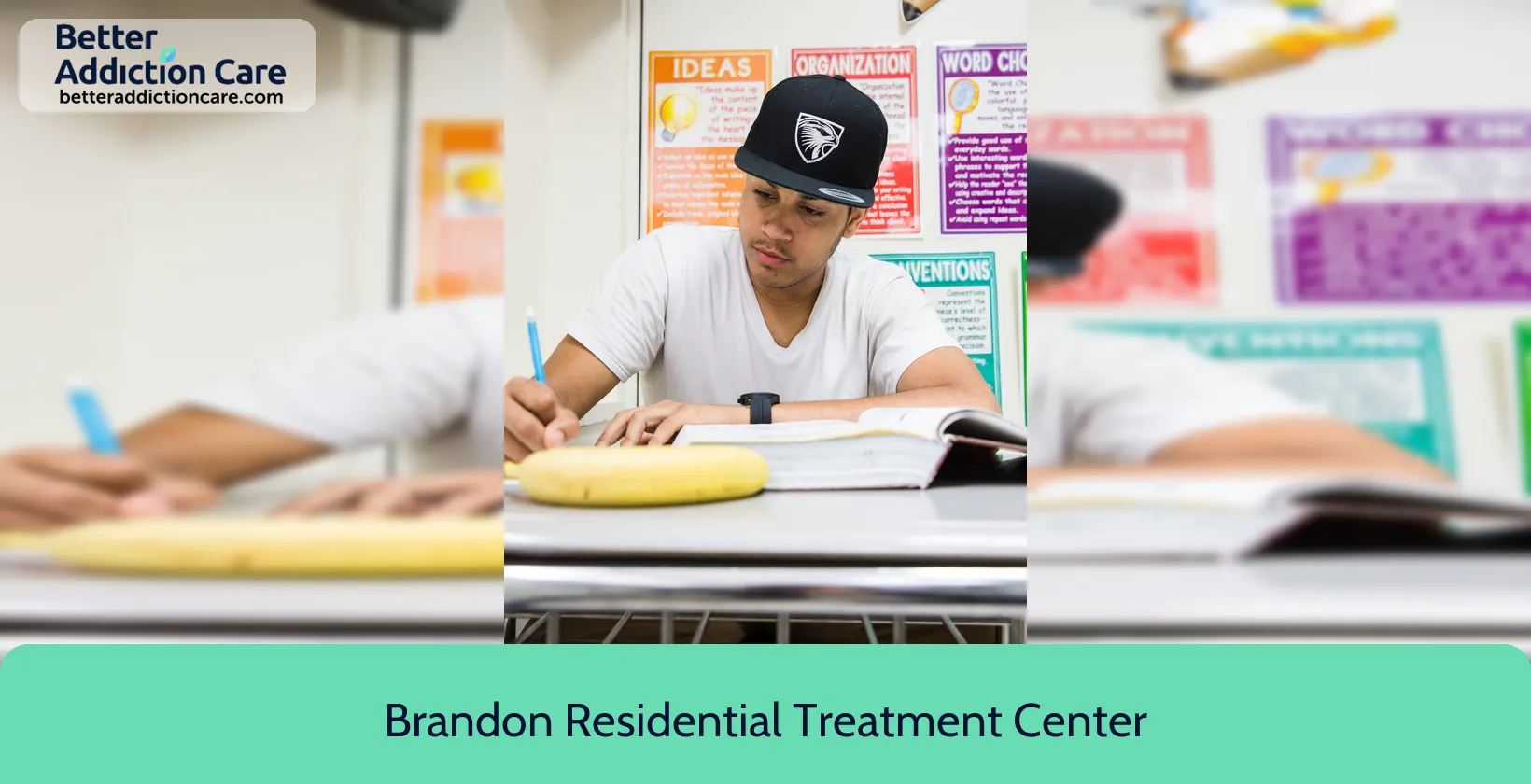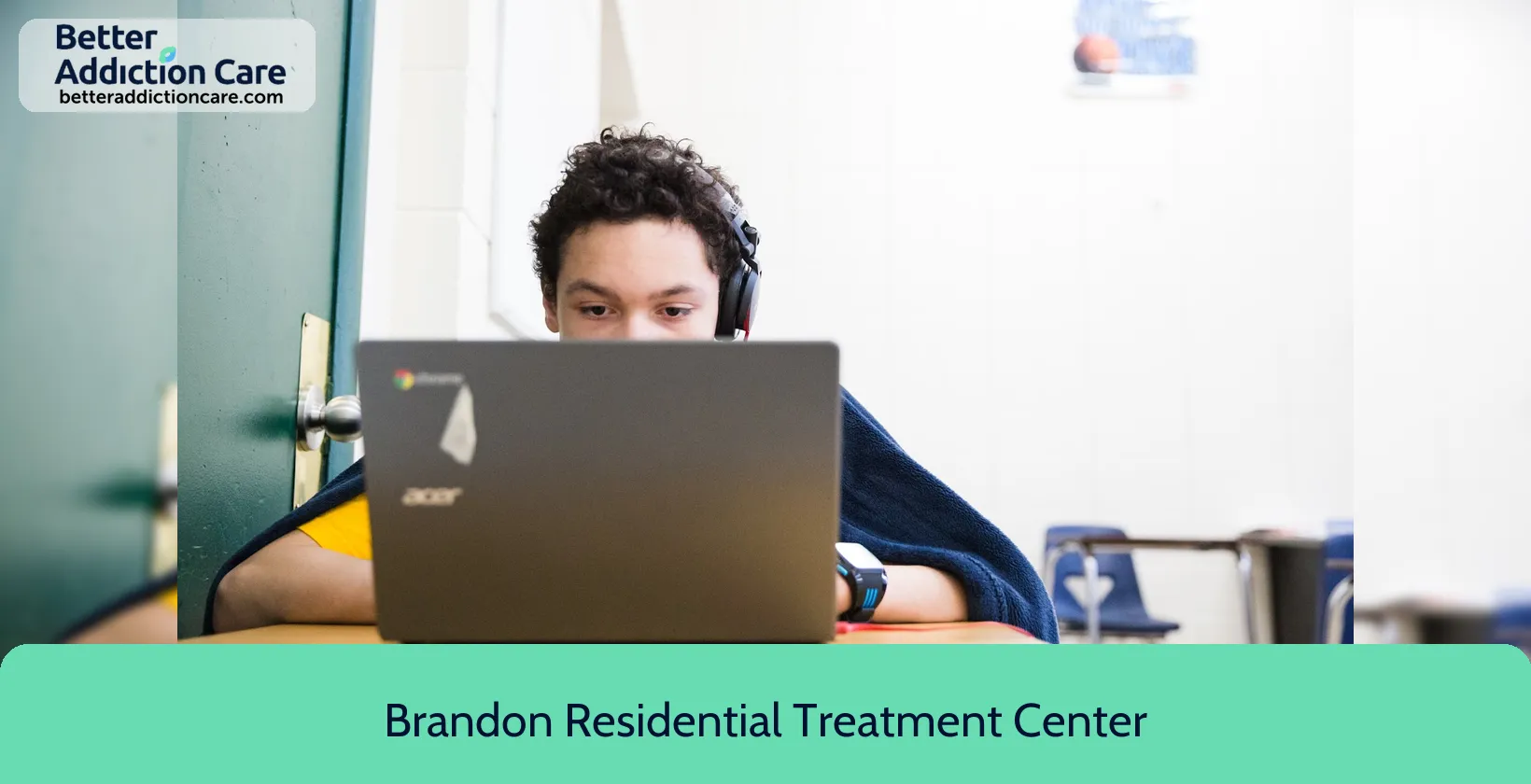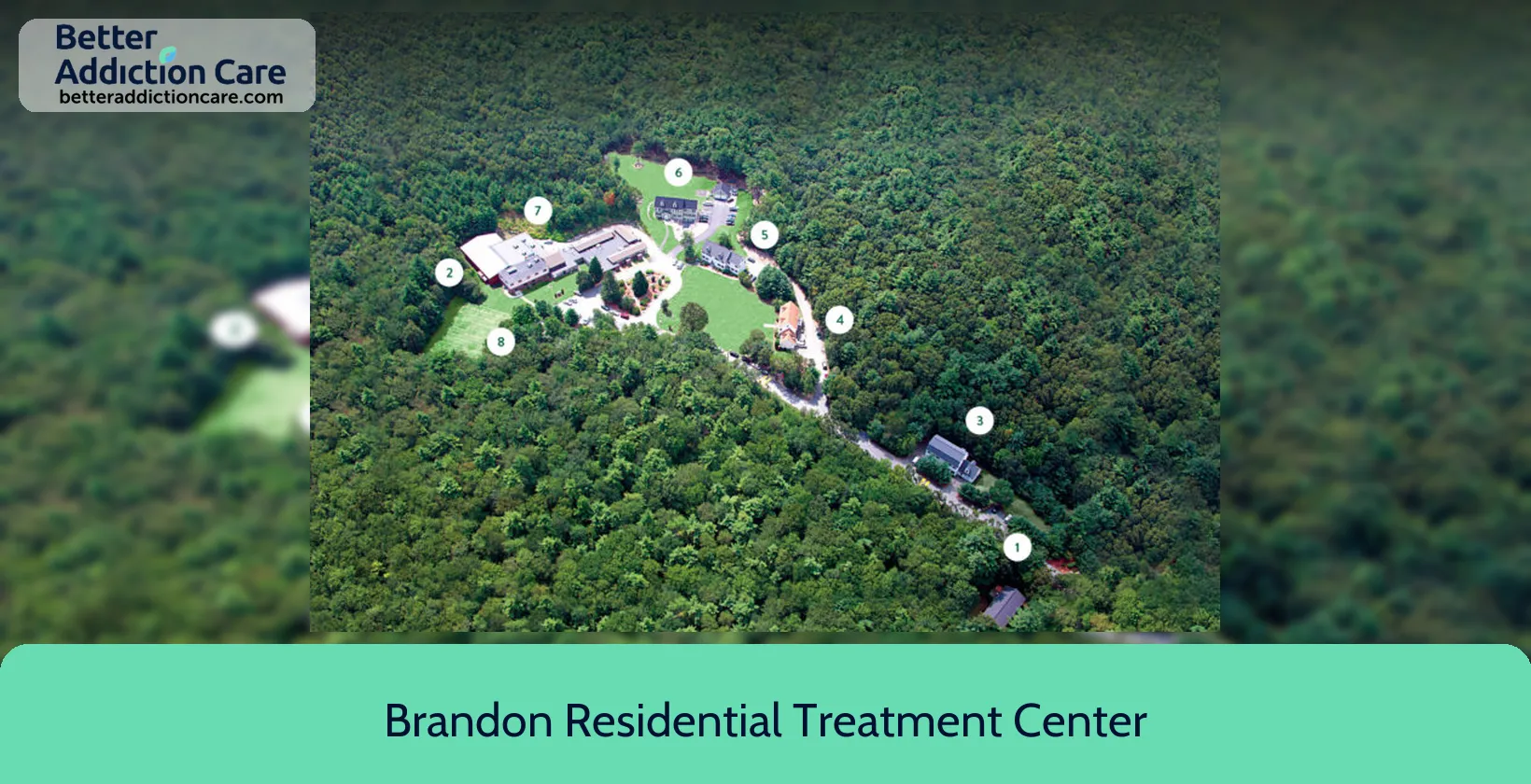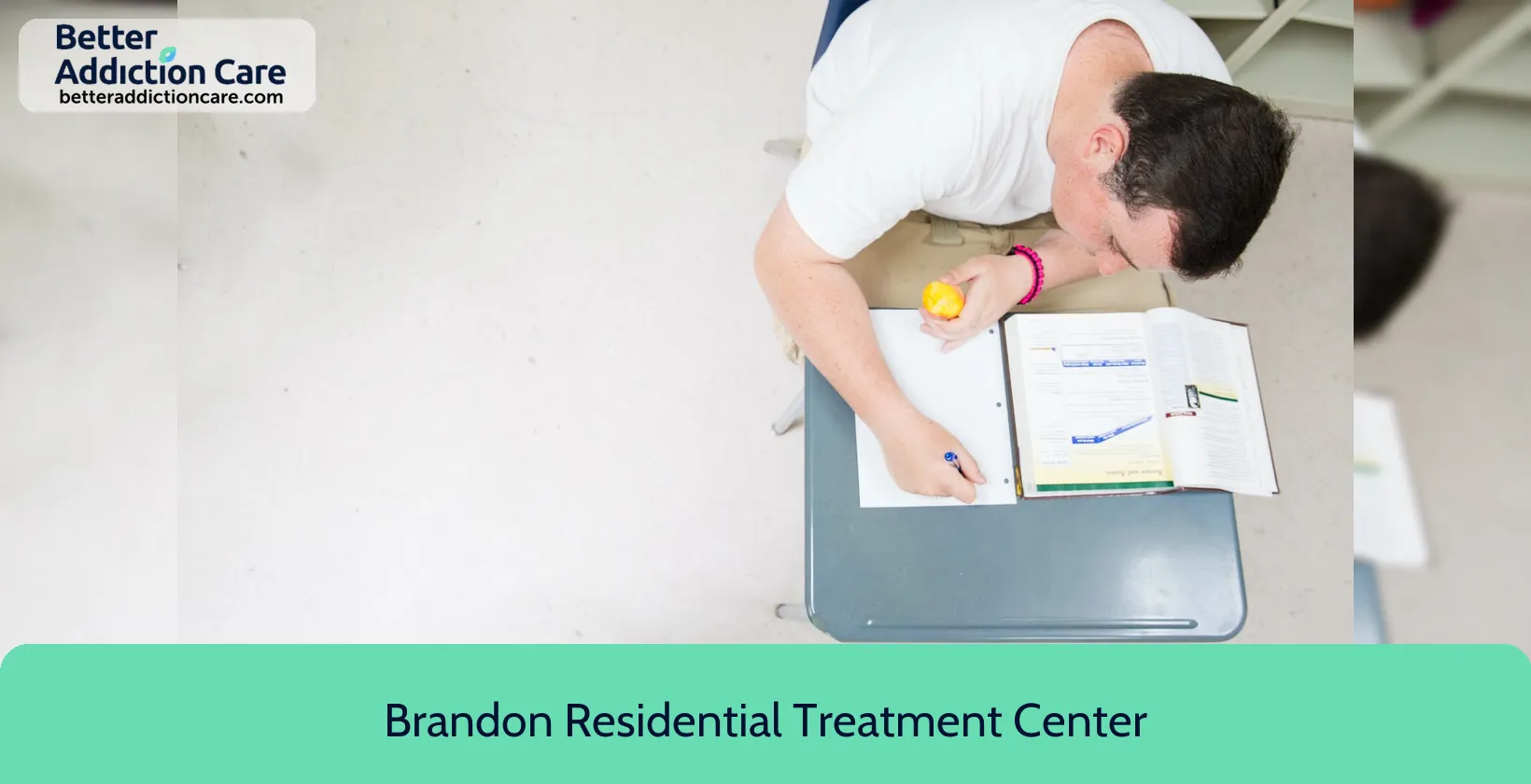Brandon Residential Treatment Center
Overview
Brandon Residential Treatment Center is a mental health treatment center for people seeking treatment near Middlesex County. As part of their treatment modalities for recovery, Brandon Residential Treatment Center provides couples/family therapy, group counseling, and cognitive behavioral therapy during treatment. Brandon Residential Treatment Center is located in Natick, Massachusetts, accepting cash or self-payment for treatment.
Brandon Residential Treatment Center at a Glance
Payment Options
- Cash or self-payment
- Medicaid
- Private health insurance
- Federal military insurance (e.g., TRICARE)
- State mental health agency (or equivalent) funds
Assessments
- Comprehensive mental health assessment
Age Groups
- Children/adolescents
- Seniors
Ancillary Services
- Case management service
- Diet and exercise counseling
- Education services
- Family psychoeducation
- Psychosocial rehabilitation services
Highlights About Brandon Residential Treatment Center
6.65/10
With an overall rating of 6.65/10, this facility has following balanced range of services. Alcohol Rehabilitation: 8.00/10, Drug Rehab and Detox: 6.00/10, Insurance and Payments: 6.00/10, Treatment Options: 6.61/10.-
Alcohol Rehabilitation 8.00
-
Treatment Options 6.61
-
Drug Rehab and Detox 6.00
-
Insurance and Payments 6.00
Treatment At Brandon Residential Treatment Center
Treatment Conditions
- Mental health treatment
Care Levels
- Hospital inpatient treatment
Treatment Modalities
- Couples/family therapy
- Group counseling
- Cognitive behavioral therapy
- Dialectical behavior therapy
- Integrated Mental and Substance Use Disorder treatment
Ancillary Services
Languages
- Spanish
Special Programs
- Criminal justice (other than DUI/DWI)/Forensic clients
- Children/adolescents with serious emotional disturbance (SED)
- Persons with post-traumatic stress disorder (PTSD)
- Persons 18 and older with serious mental illness (SMI)
Get Help Now
Common Questions About Brandon Residential Treatment Center
Contact Information
Other Facilities in Natick

6.56

7.02

6.62
DISCLAIMER: The facility name, logo and brand are the property and registered trademarks of MetroWest Medical Center - Behavioral Health Dept, and are being used for identification and informational purposes only. Use of these names, logos and brands shall not imply endorsement. BetterAddictionCare.com is not affiliated with or sponsored by MetroWest Medical Center - Behavioral Health Dept.
